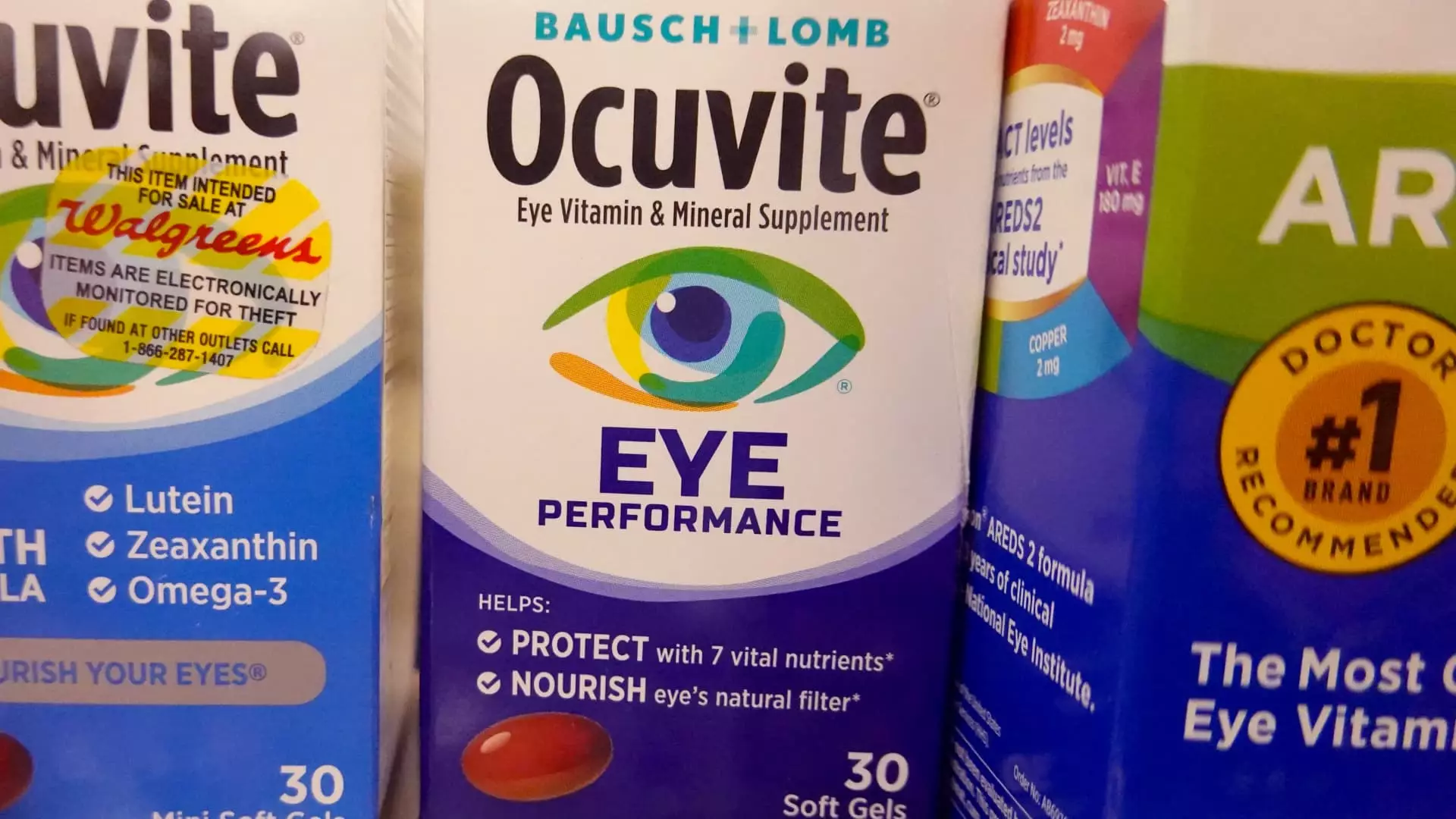Bausch Health Companies Inc., once known as Valeant Pharmaceuticals, has become a significant entity in the pharmaceutical landscape, headquartered in Canada. This assessment takes a closer look at the company’s structure, challenges, strategic directions, and the implications of its financial maneuvers in preserving and enhancing stakeholder equity.
Operating in various therapeutic domains including dermatology, gastroenterology, neurology, and ophthalmology, Bausch Health is diversified through its five primary business segments: Bausch + Lomb, Salix Pharmaceuticals, International Rx, Solta Medical, and Diversified Products. Each of these segments addresses unique healthcare needs, positioning the company as a versatile player in a highly competitive market. The Bausch + Lomb division, in particular, stands out with its robust focus on eye care, which remains a critical revenue stream for the organization.
Despite this diversified portfolio, Bausch Health faces scrutiny, particularly regarding its financial health. As of the end of the last reporting period, the company bore a considerable debt burden of approximately $20.4 billion. This heavy leveraging raises questions about its sustainability and future growth, particularly in light of its strategic decisions relating to asset management and internal structures.
The influence of activist investors, such as Carl Icahn, has played a significant role in shaping Bausch Health’s recent corporate strategies. Following Icahn’s filing with the U.S. Securities and Exchange Commission in February 2021, the company initiated discussions aimed at enhancing shareholder value. This engagement culminated in increasing the board size to 13 directors and incorporating Icahn’s financial professionals into key board roles. These changes signal a shift toward a more active governance model focused on maximizing shareholder returns.
These governance changes coincide with a strategic review within the company, aimed at identifying potential avenues for unlocking value. The inclusion of portfolio managers on the board possibly reflects a heightened urgency in addressing the company’s financial performance and market perception.
The Spin-off of Bausch + Lomb
In May 2022, Bausch + Lomb was spun off as an independent publicly traded entity, preserving 88% ownership within Bausch Health. This decision was rooted in the intent to enhance focus on core businesses while realizing value through operational independence for the eye care segment, which not only diversified the market offering but also laid down a clear pathway for investment focus.
However, the spin-off has led to complex financial dynamics. Analysts suggest that Bausch + Lomb’s enterprise value is compromised due to the overarching financial encumbrance of Bausch Health. With Bausch + Lomb’s enterprise value estimated at around $10 billion, the parent company’s substantial debt poses challenges to realizing its full market potential, detracting from shareholder confidence.
Debt Management and Financial Outlook
The staggering debt of Bausch Health amplifies the urgency of strategic asset management and financial planning. Current estimates suggest that selling Bausch + Lomb could not only alleviate some of the financial pressure by addressing the $4.6 billion of BLCO debt but could also substantially enhance shareholder value. Bausch Health could see a significant financial uplift from a possible $14 billion valuation of Bausch + Lomb based on conservative EBITDA multiples projected from peer companies.
Furthermore, the Salix division, while profitable, is heavily reliant on the Xifaxan drug, which faces patent expiration in January 2028. The projected valuation of this segment suggests that unless future revenue streams diversify or if new therapeutic offerings enhance revenue profiles, the company may face an impending fiscal challenge.
Valuation and Future Potential
Valuation analyses suggest that even after the sale of its former eye care division and the liquidation of the Xifaxan portfolio, Bausch Health can still command a reputable position with a substantial net cash reserve. By estimating a conservative enterprise valuation across remaining business lines, various projections indicate that the company could demonstrate a total value approaching $25 billion, linking growth to remaining operational efficiency.
Nonetheless, there are headwinds to navigate, particularly regarding market sentiment and competition. Being categorized as an underperforming stock, Bausch Health must undertake rigorous measures to boost investor confidence and stabilize its stock price, which concluded recently underwhelming at $6.32.
Bausch Health represents a complex case within the pharmaceutical industry, encapsulating both the promise and pitfalls of modern health care corporations. Its strategic pivots under activist pressure, the financial complexities of its spin-off maneuverings, and the challenges surrounding its debt landscape are critical to understanding its future trajectory. For stakeholders, investors, and analysts, the ongoing developments at Bausch Health will be pivotal to watch, as the company navigates toward a potentially transformative transition or continues to grapple with the burdens of its past.

